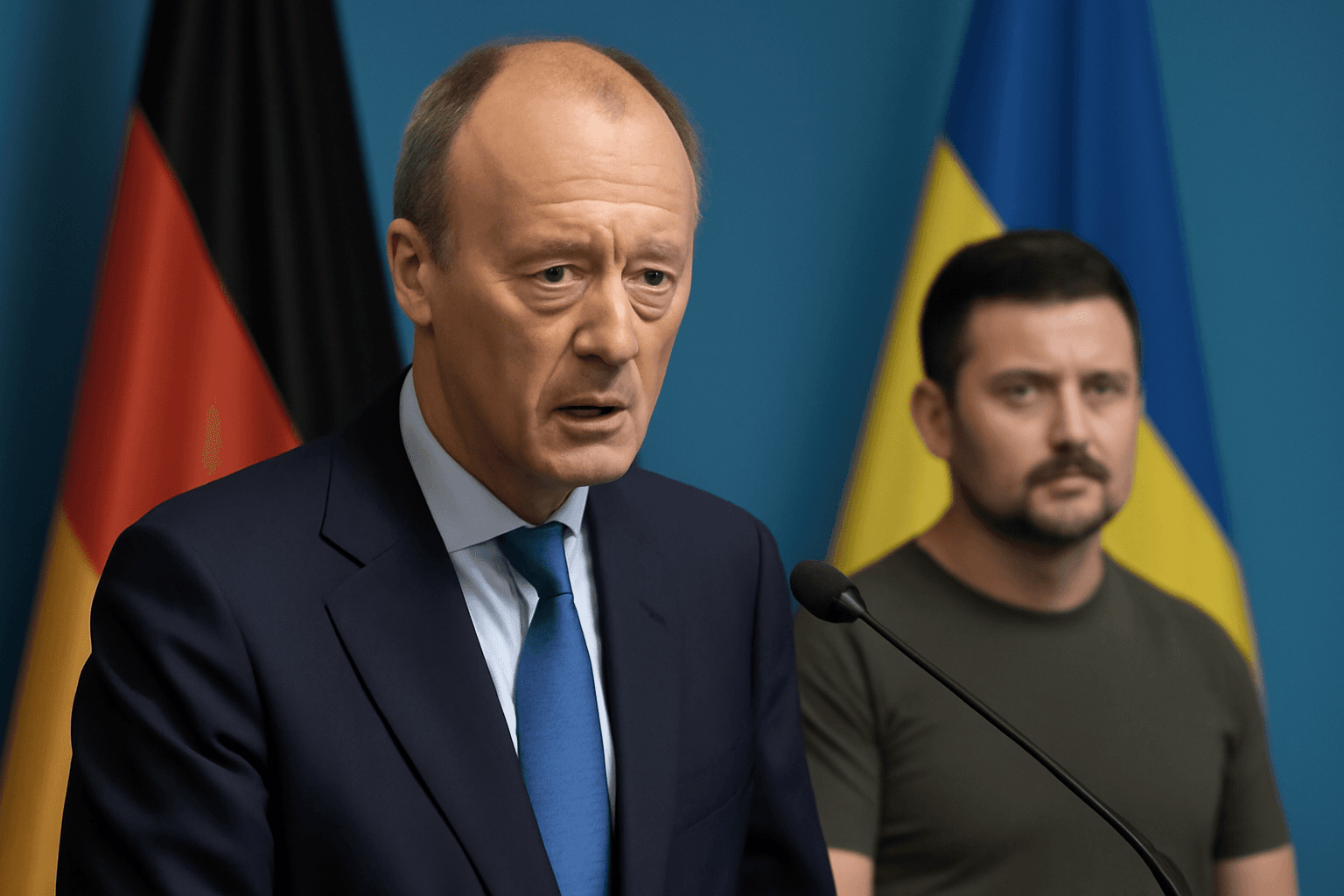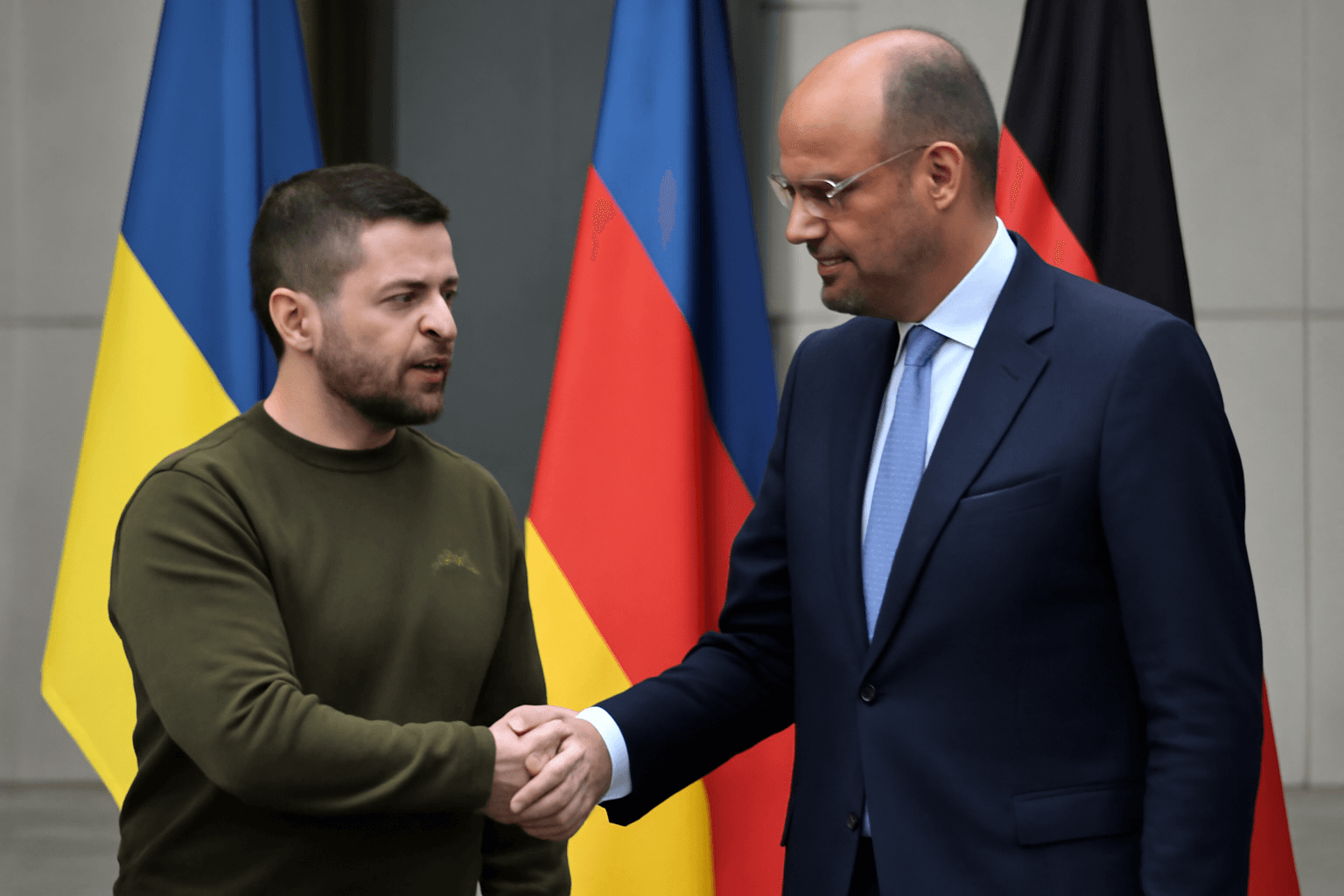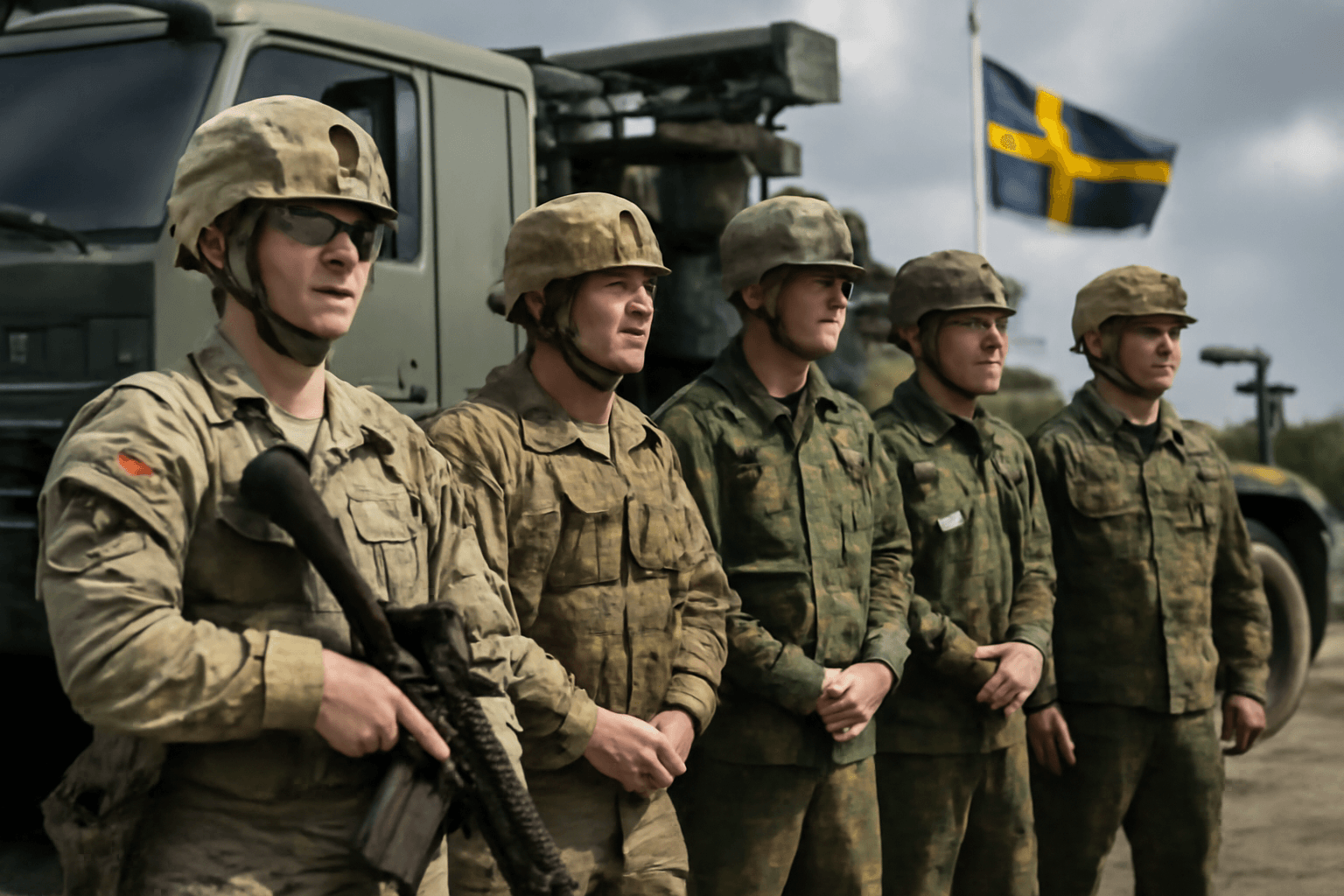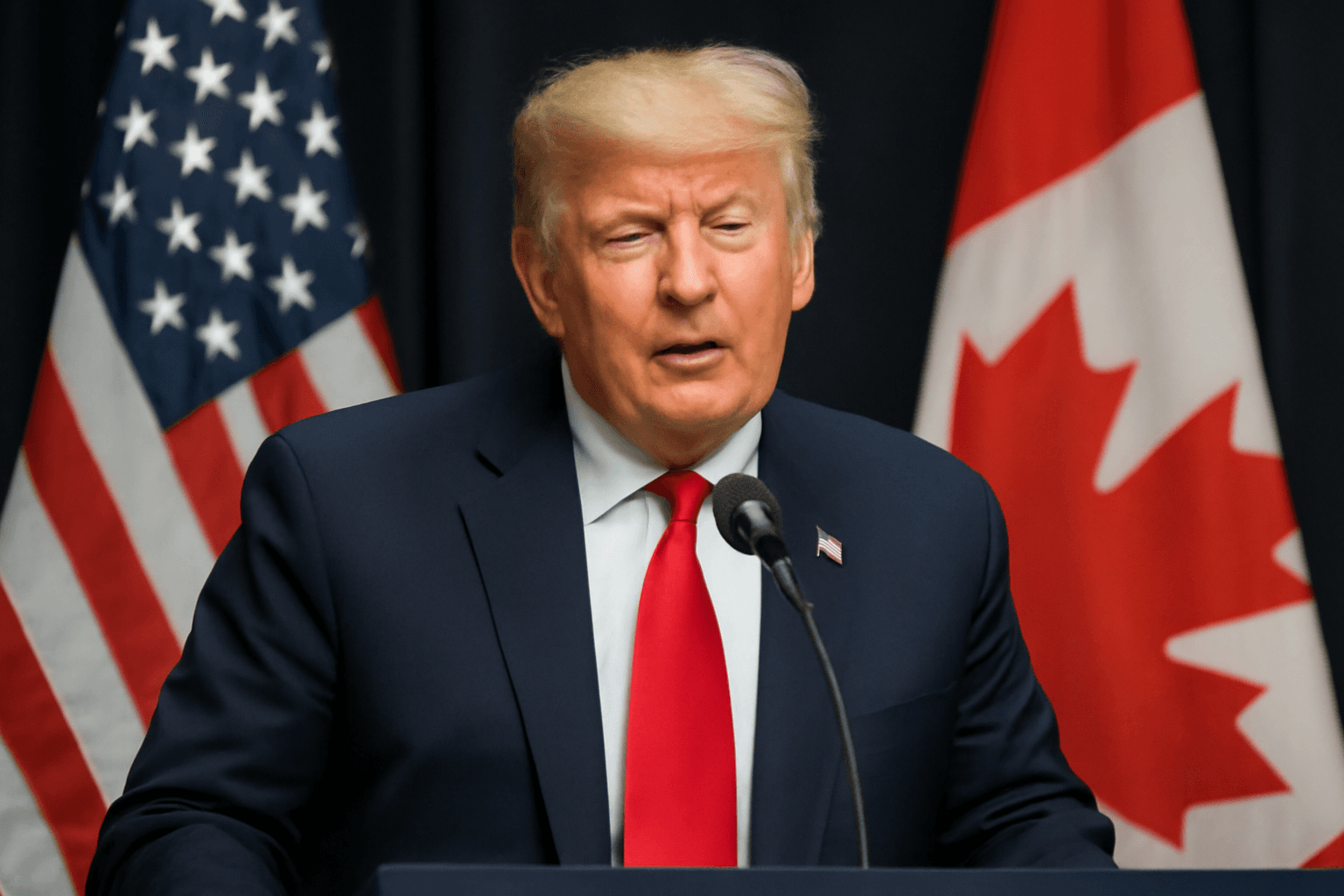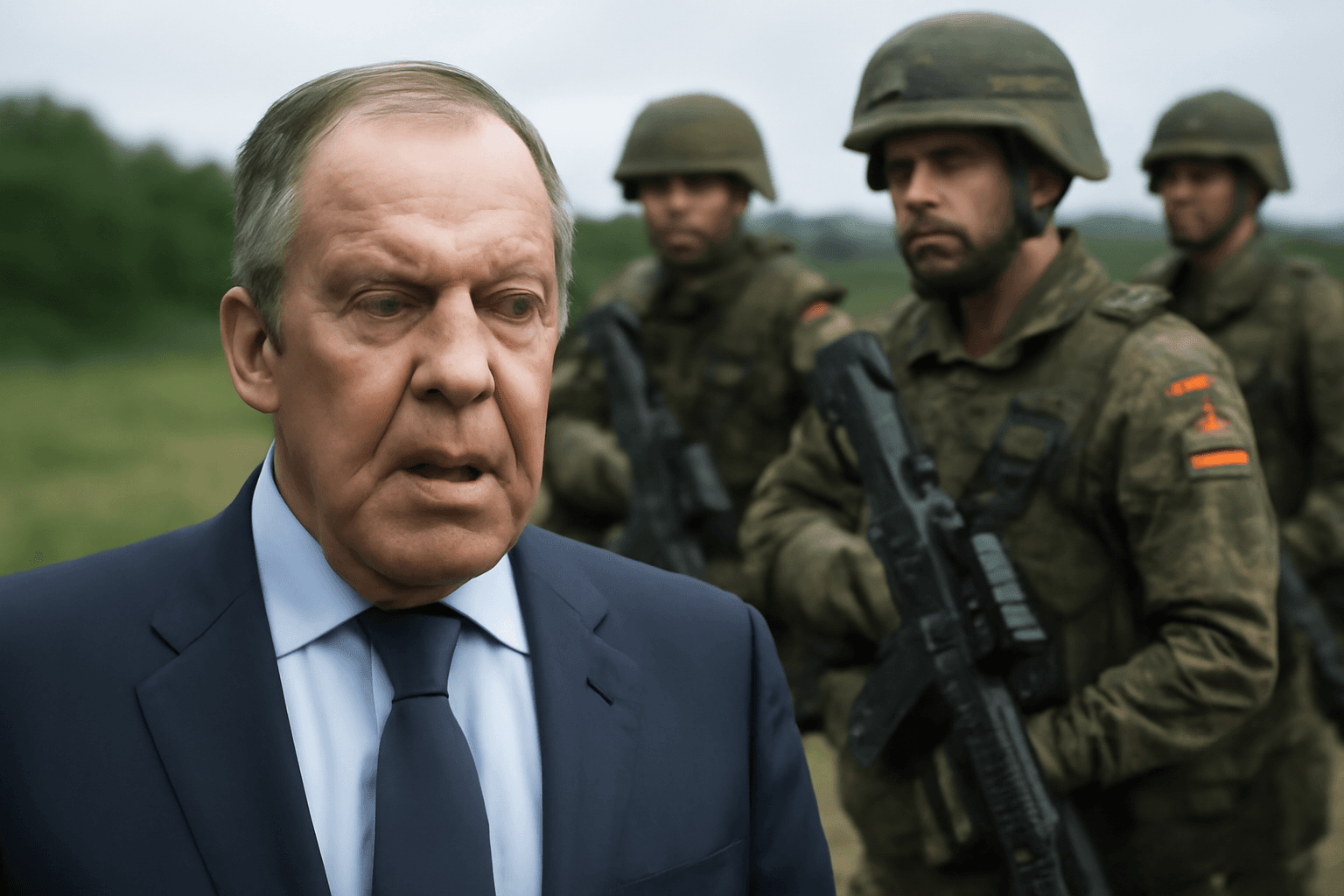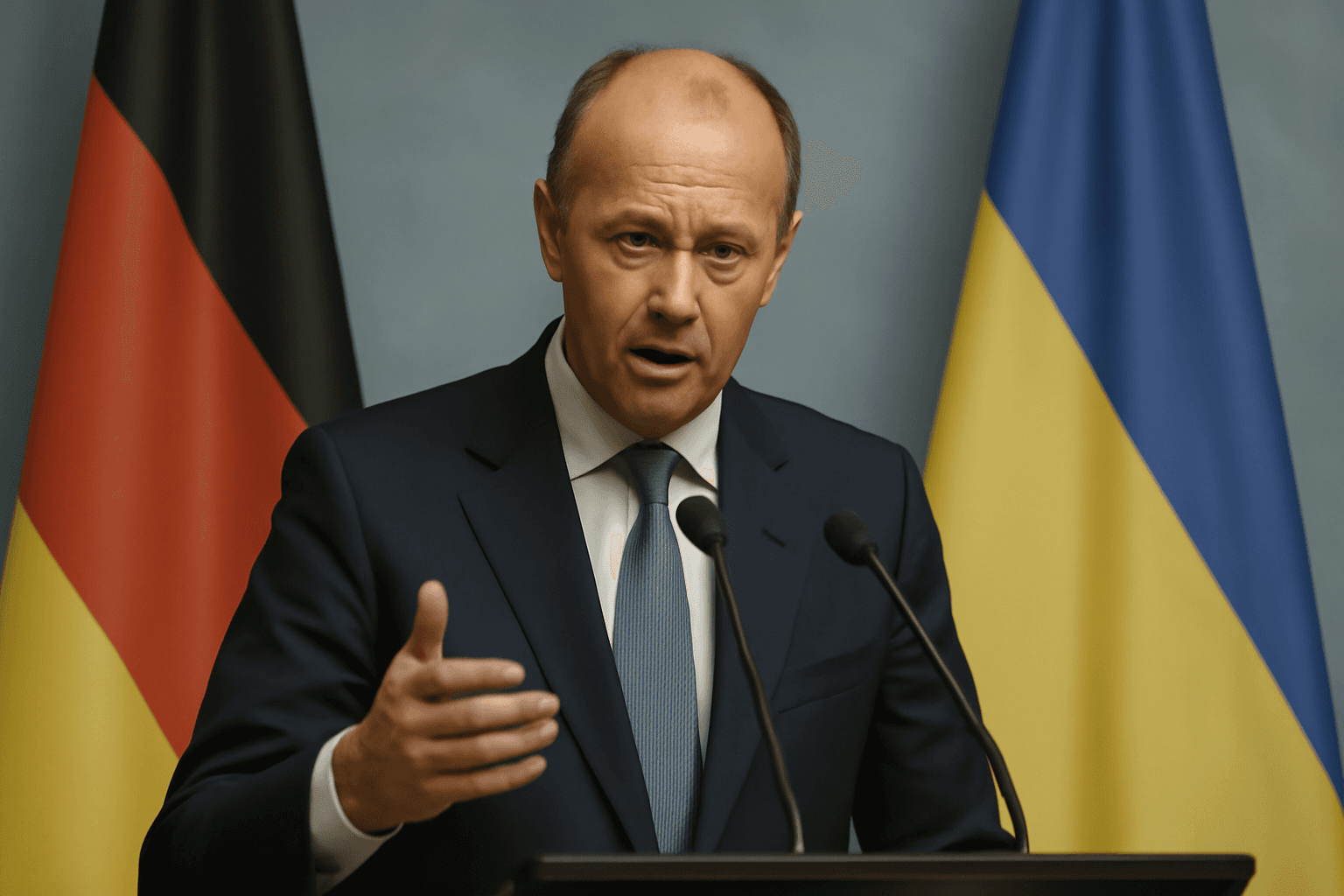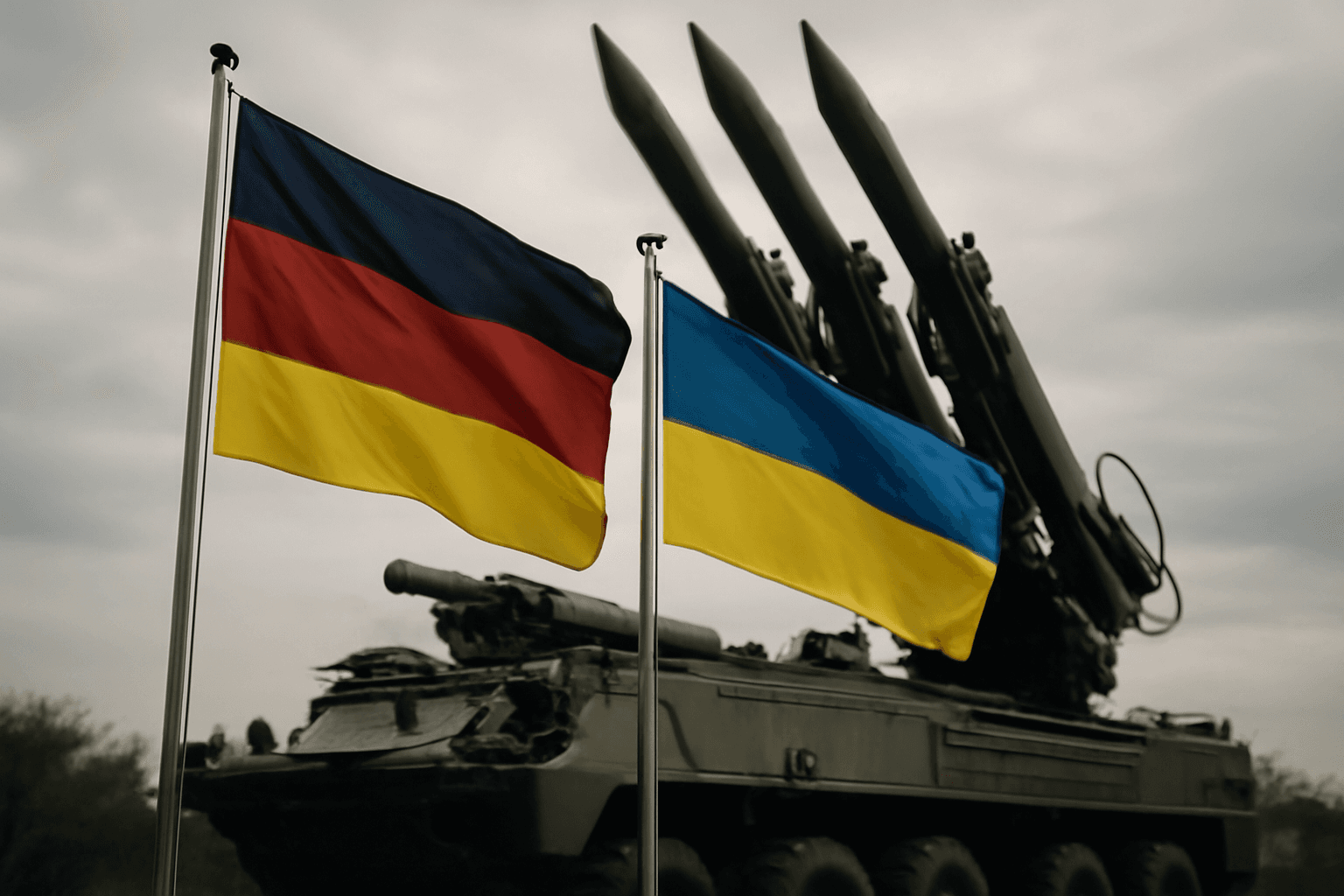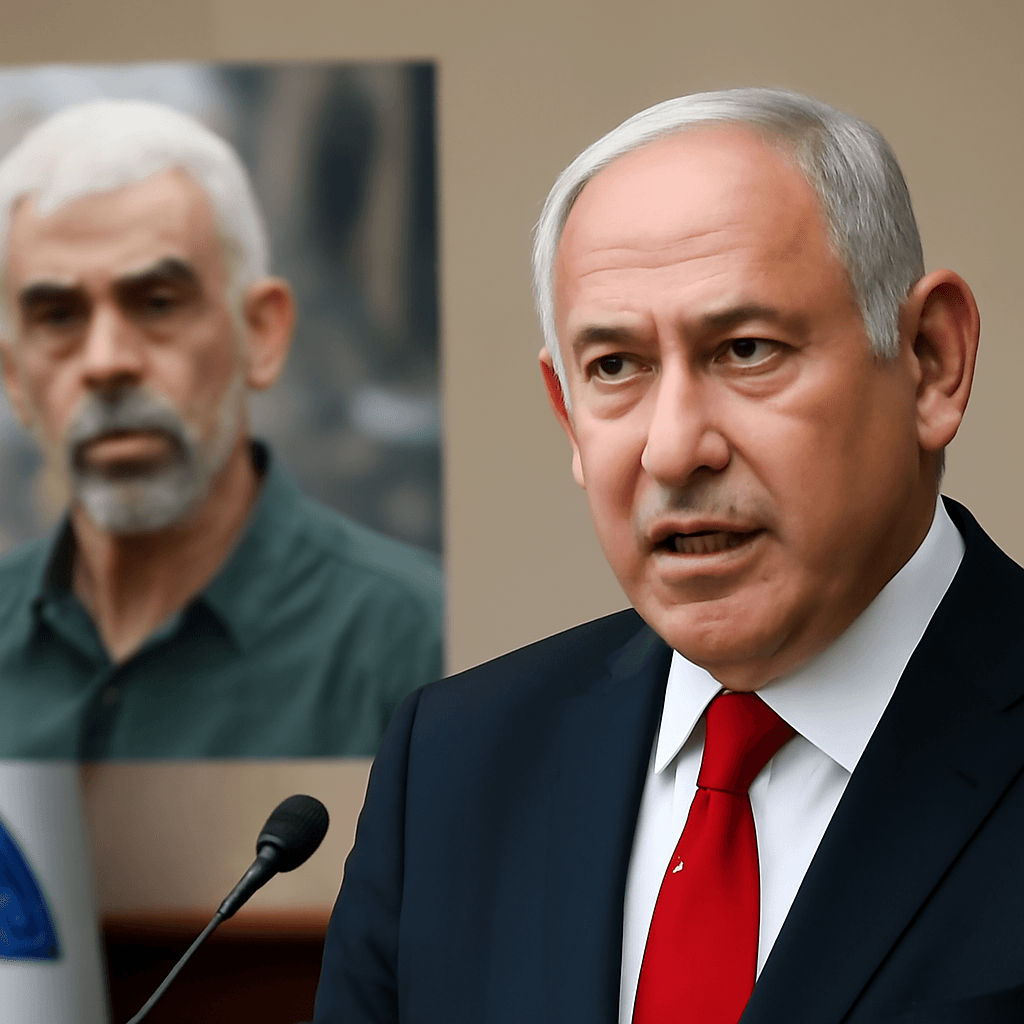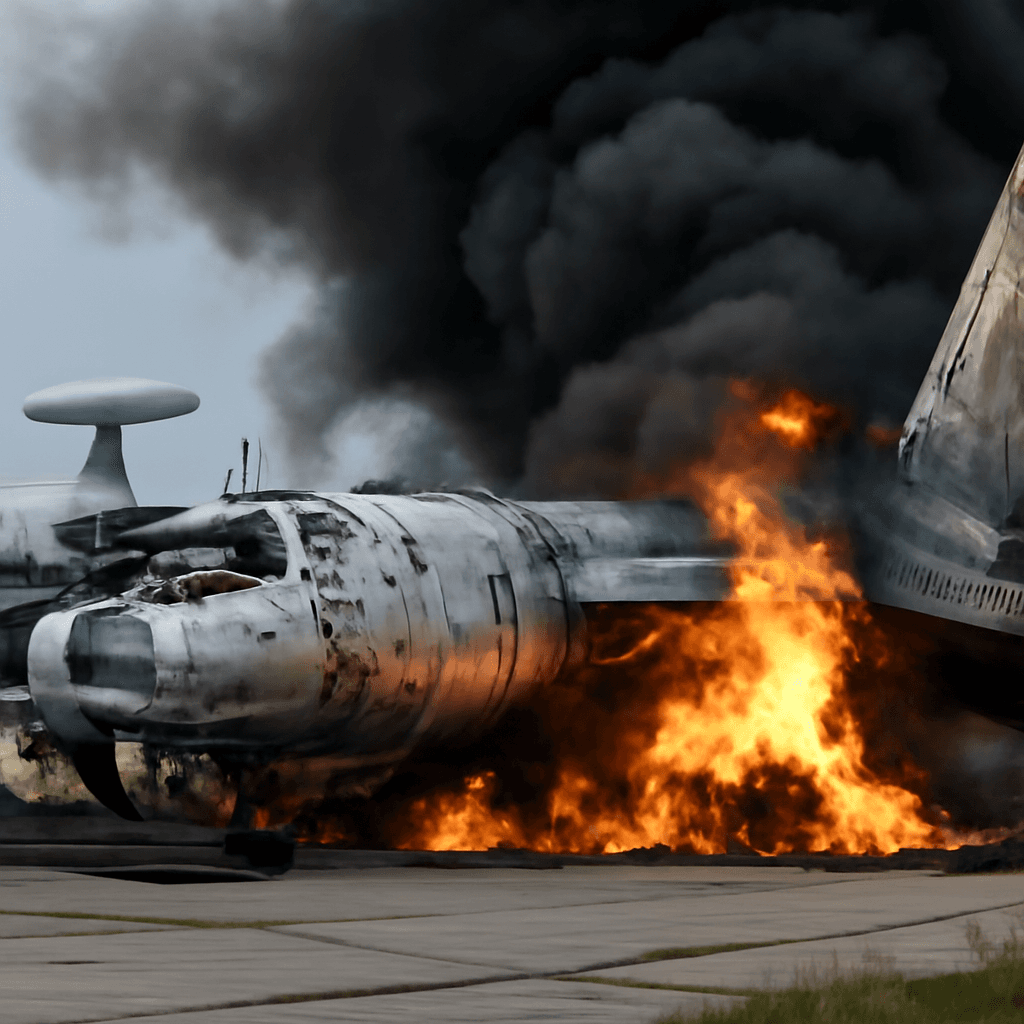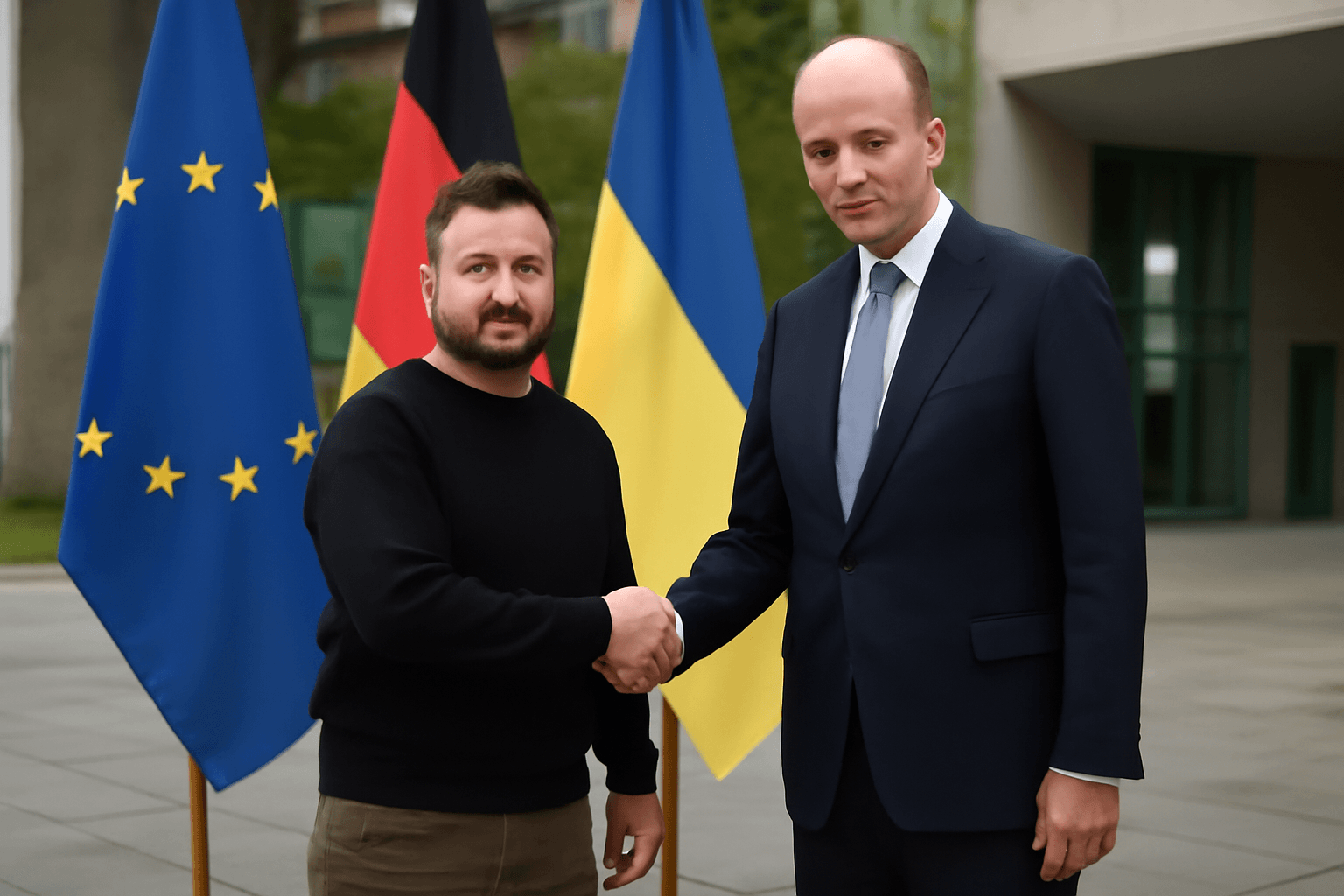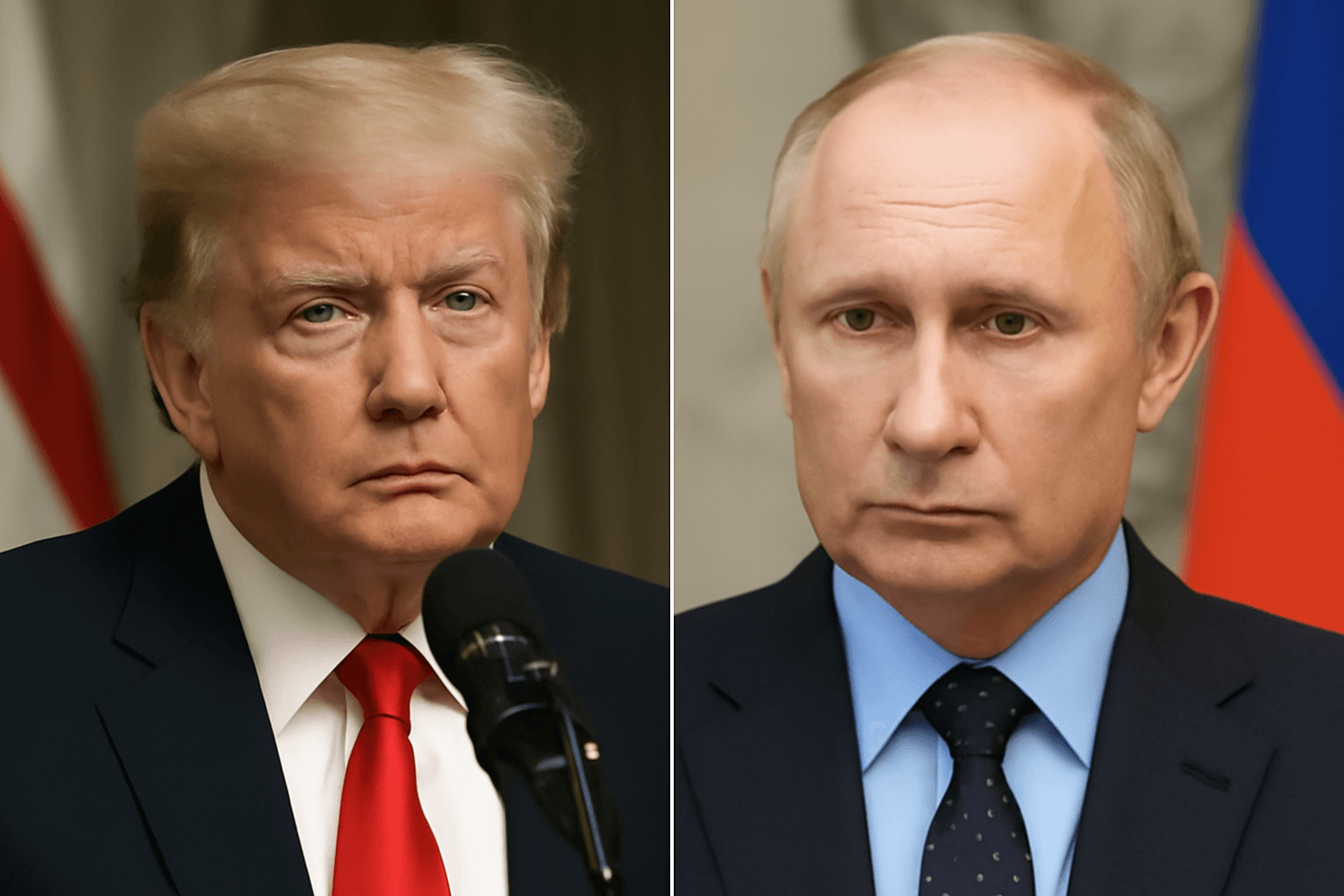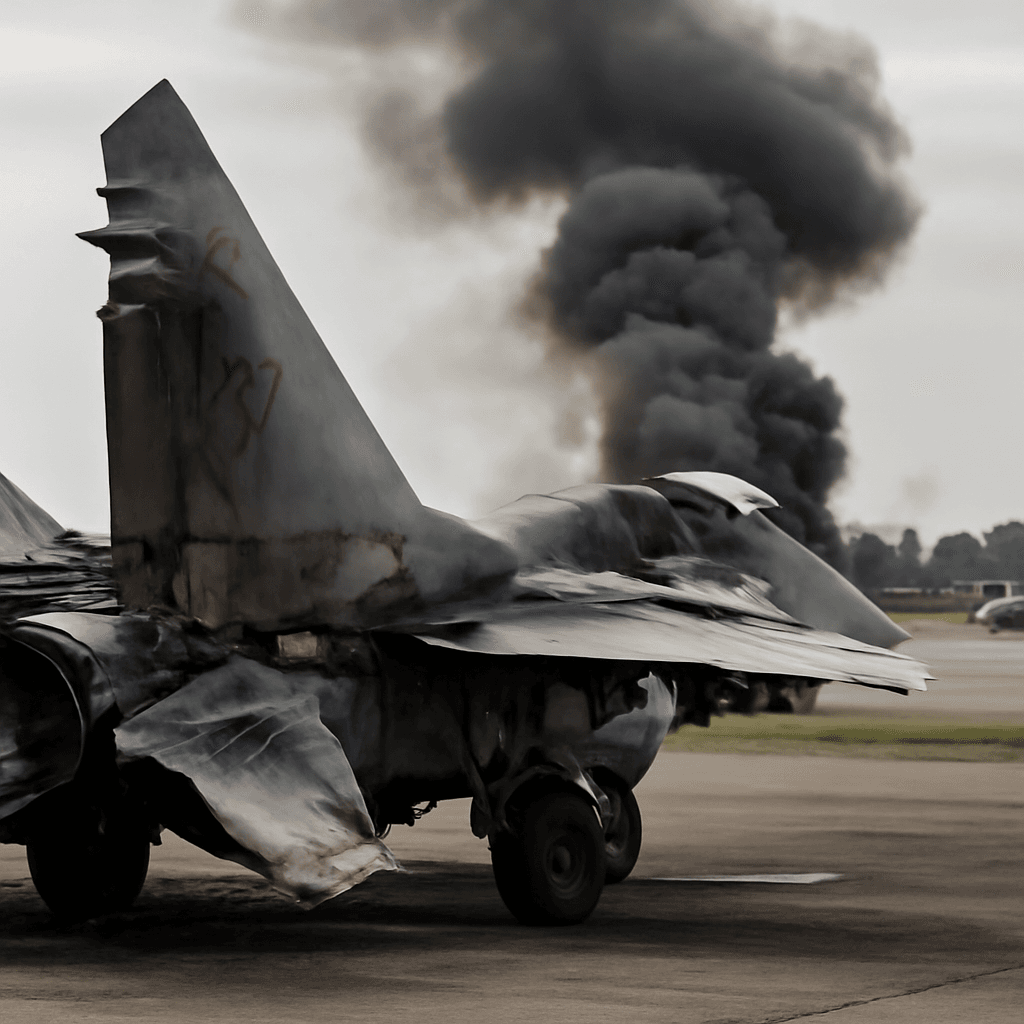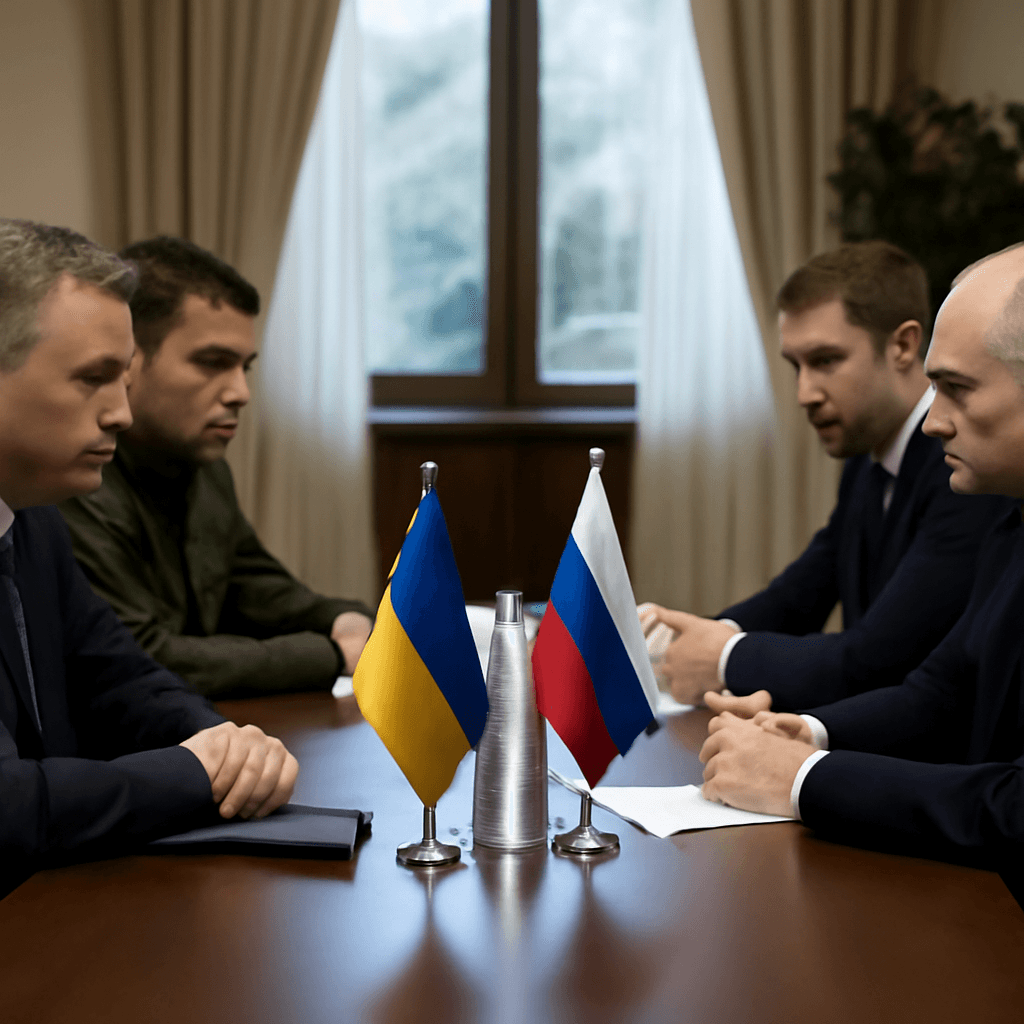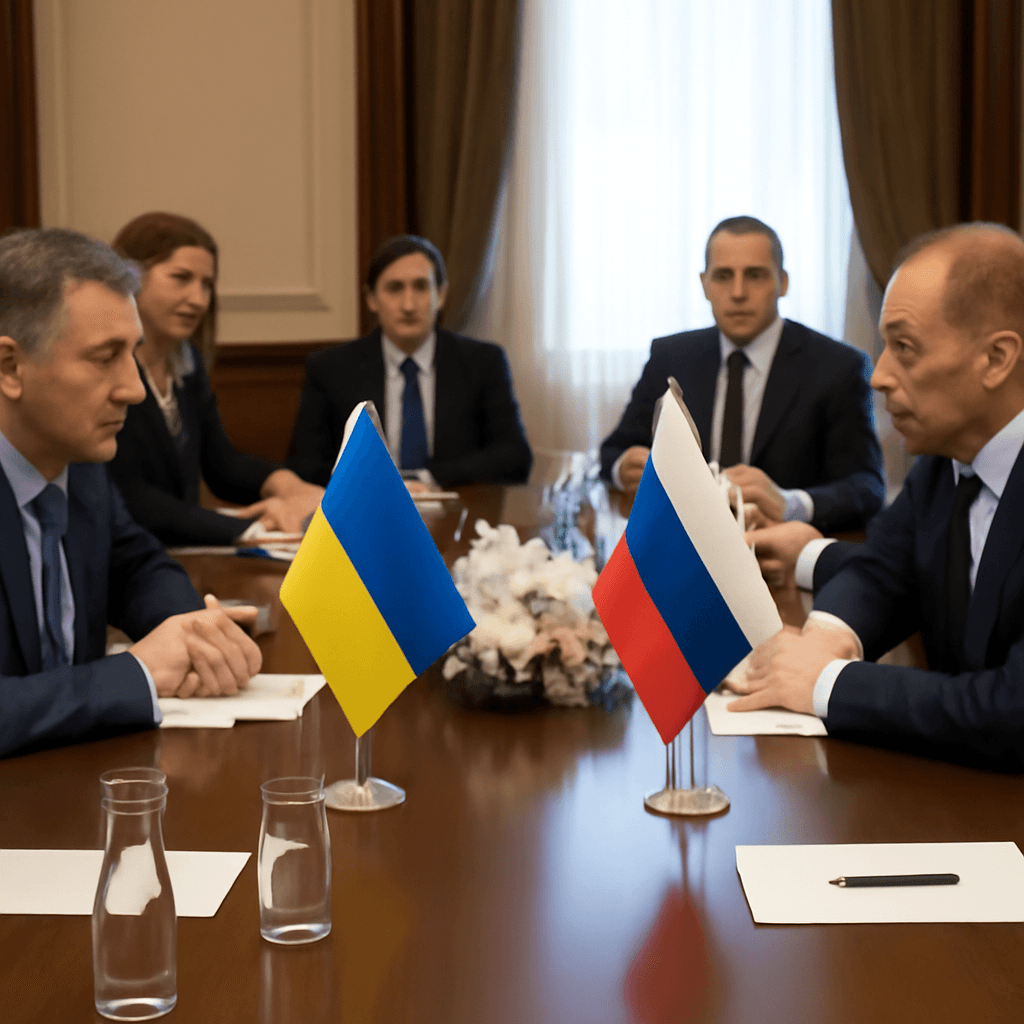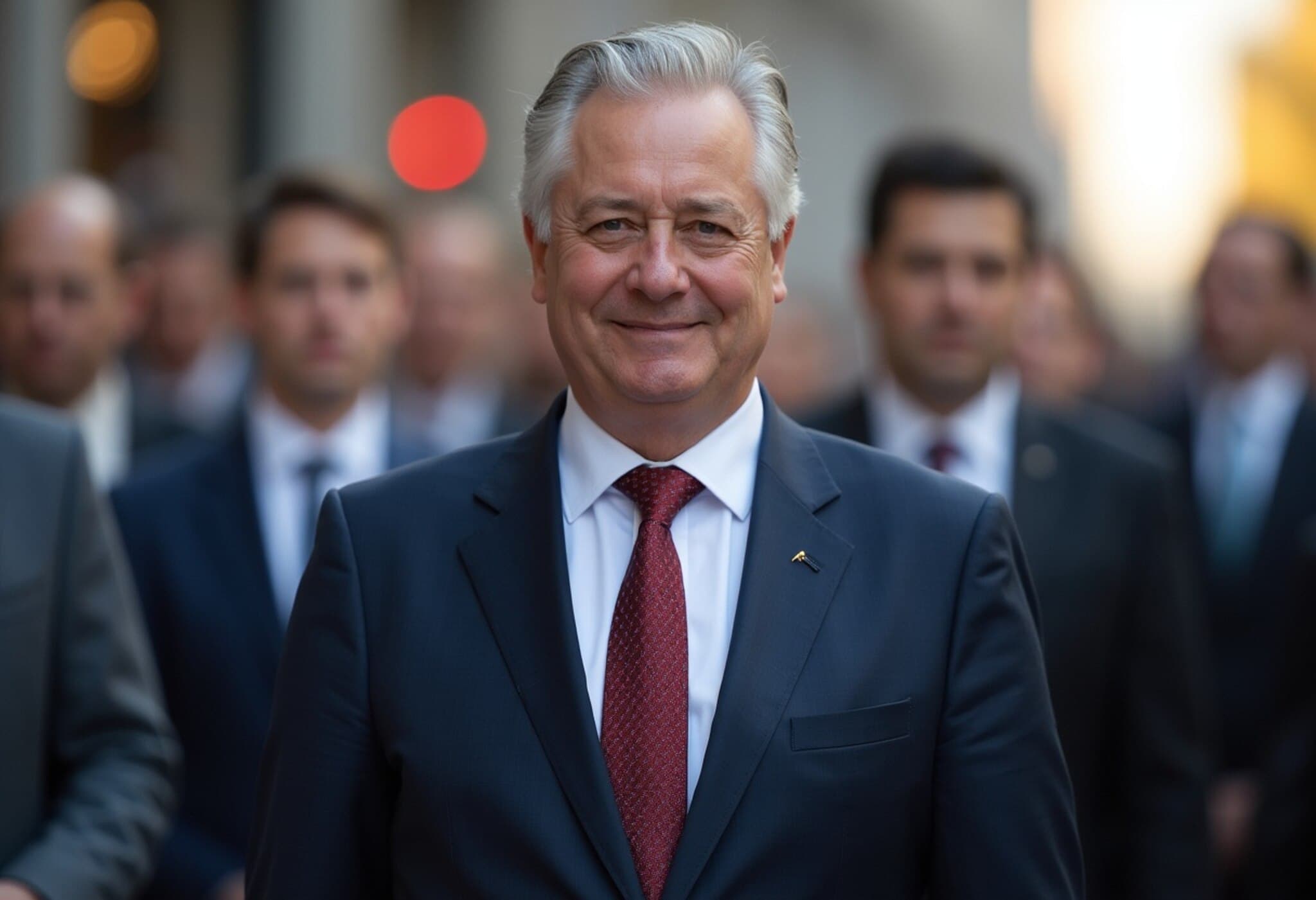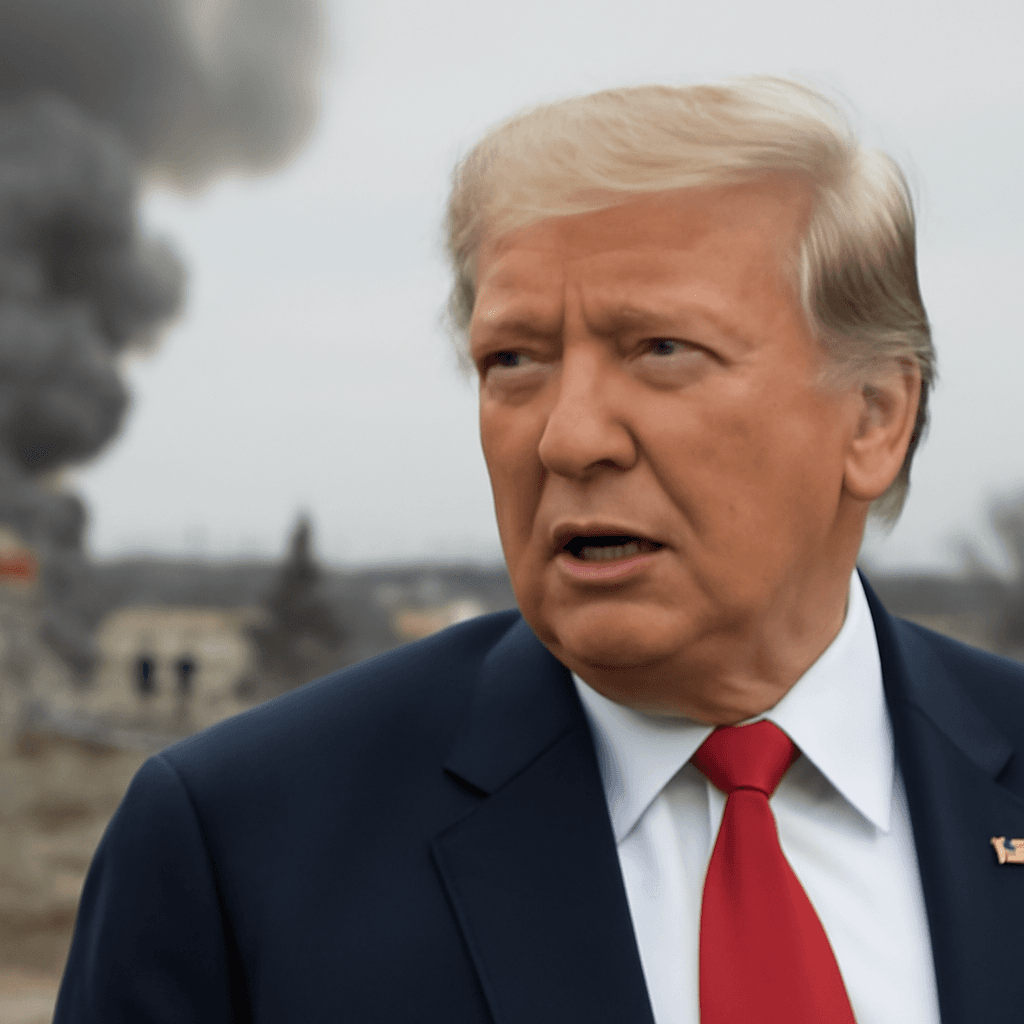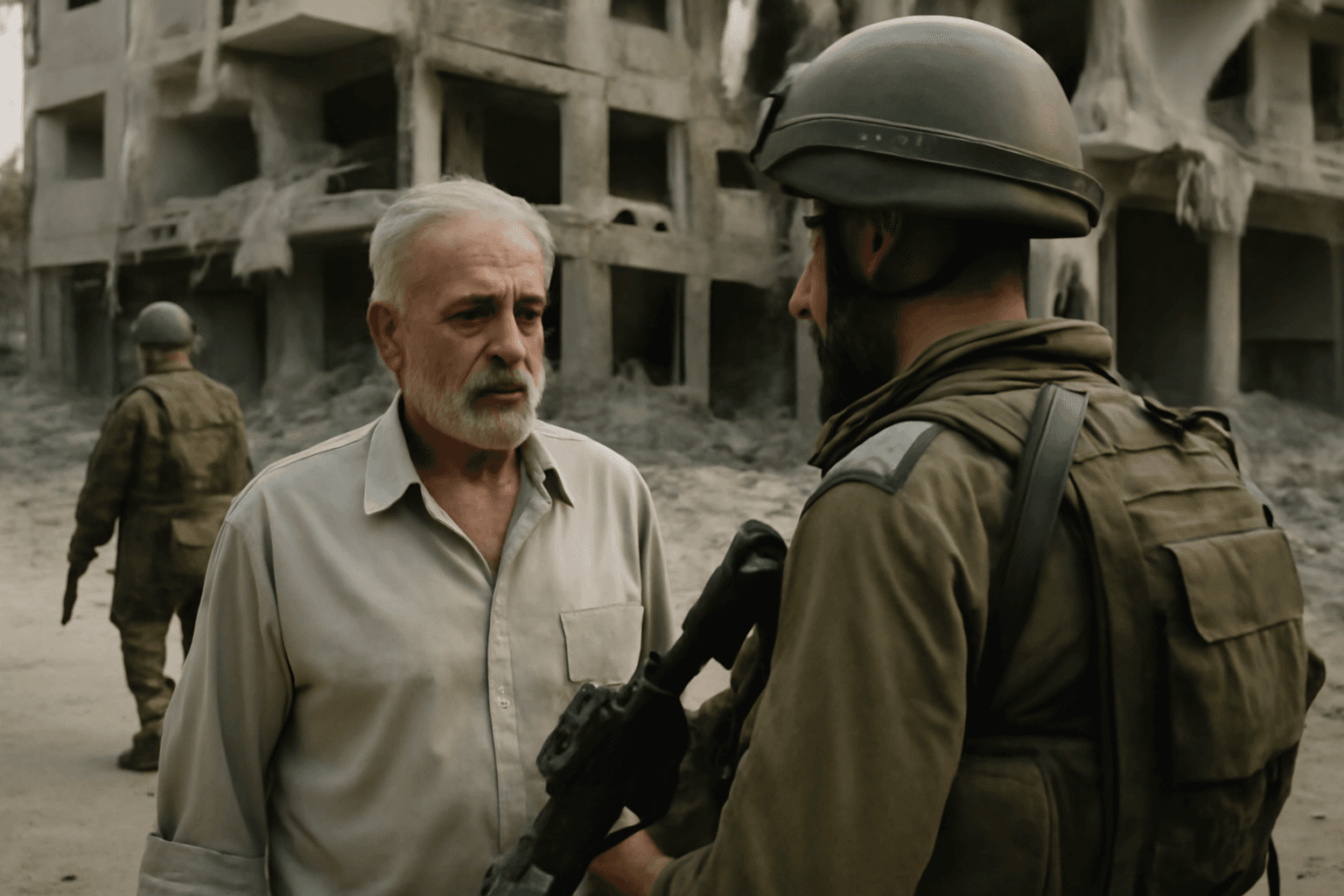German Chancellor Friedrich Merz announced that Ukraine has received authorization to utilize weapons supplied by its Western allies to conduct strikes deep within Russian territory. Speaking at a conference in Berlin on May 26, 2025, Merz stated, "There are absolutely no range limits anymore for weapons delivered to Ukraine, not from Britain, the French or from us — also not from the Americans." He added, "That means Ukraine can defend itself by attacking military positions also in Russia."
This endorsement comes amid intensified efforts by Western nations to increase pressure on the Kremlin following Russia's largest drone bombardment against Ukraine since the full-scale invasion began over three years ago. European leaders have condemned Moscow's delays in ceasefire talks, which have yielded no progress.
Ukrainian President Volodymyr Zelenskiy has persistently urged his allies for permission to target military logistics and personnel within Russian borders, aiming to disrupt operations and neutralize weaponry employed against Ukraine. The recent spike in Russian attacks and President Vladimir Putin's reluctance to engage substantively in negotiations have amplified Kyiv's appeal.
Meanwhile, former US President Donald Trump expressed frustration over the stalled conflict resolution, considering new sanctions against Russia. Trump described Putin as "absolutely CRAZY!" due to the escalating use of drone and missile assaults leading to significant casualties.
The Kremlin, through spokesman Dmitry Peskov, warned that allowing Ukraine to conduct long-range strikes could jeopardize ongoing political settlement efforts, characterizing such decisions as "dangerous." Peskov dismissed Trump's criticism as an "emotional reaction" and defended Russia's continuous missile and drone campaigns.
Despite these tensions, Russia remains committed to its objectives in Europe’s largest military conflict since World War II. Putin has maintained stringent demands concerning the terms for ceasing the invasion, now entering its fourth year.
Regarding military aid, the US has authorized the deployment of Army Tactical Missile Systems (ATACMS) near border areas adjoining Russia, while the UK has approved Ukraine's use of Storm Shadow cruise missiles targeting more distant Russian sites. Germany, historically reluctant to provide long-range weapons such as the Taurus cruise missile, now supports their deployment under Merz's leadership.
Chancellor Merz, who assumed office earlier this month signaling a tougher stance against Moscow compared to his predecessor Olaf Scholz, pledged his government would do "everything in our power" to sustain military assistance to Kyiv. Notably, he recently advocated raising Germany's defense spending to up to 5% of its GDP.
President Zelenskiy is scheduled to visit Berlin on Wednesday, where he is expected to meet with Merz to discuss further military support and efforts to secure a ceasefire, according to an informed source who requested anonymity.
During a visit to Vietnam, French President Emmanuel Macron addressed Putin's credibility, suggesting a deadline to expose continued deception by the Kremlin. Macron also urged Trump to translate his verbal criticisms into concrete actions against Russia.
In recent days, Russia launched a record drone and cruise missile attack across various Ukrainian regions. Zelenskiy reported injuries and damage to civilian infrastructure following the strikes, which marked three consecutive nights of Russian offensives. Ukrainian authorities confirmed at least 12 fatalities from the prior night, renewing calls for expanded sanctions.
The European Union's top diplomat, Kaja Kallas, condemned the attacks as "totally appalling" and emphasized the need for increased pressure on Russia.
Ukraine has escalated retaliatory drone strikes into central Russia, including areas near Moscow. Russia claimed to have intercepted 96 drones overnight, with some causing disruptions at major airports surrounding the Russian capital. Kremlin officials described recent counterattacks as a response to Ukrainian assaults targeting civilian infrastructure.
Adding to the tension, Trump also criticized President Zelenskiy on social media, stating that the Ukrainian leader's rhetoric was detrimental and should cease.
This evolving situation highlights the complexities and escalating nature of the conflict, involving strategic military decisions and international diplomatic efforts to bring about resolution.

